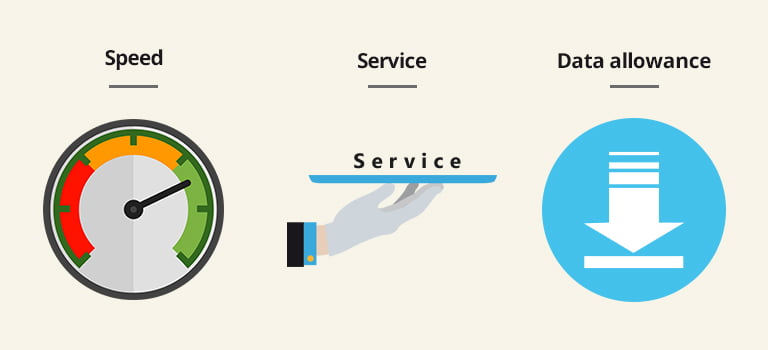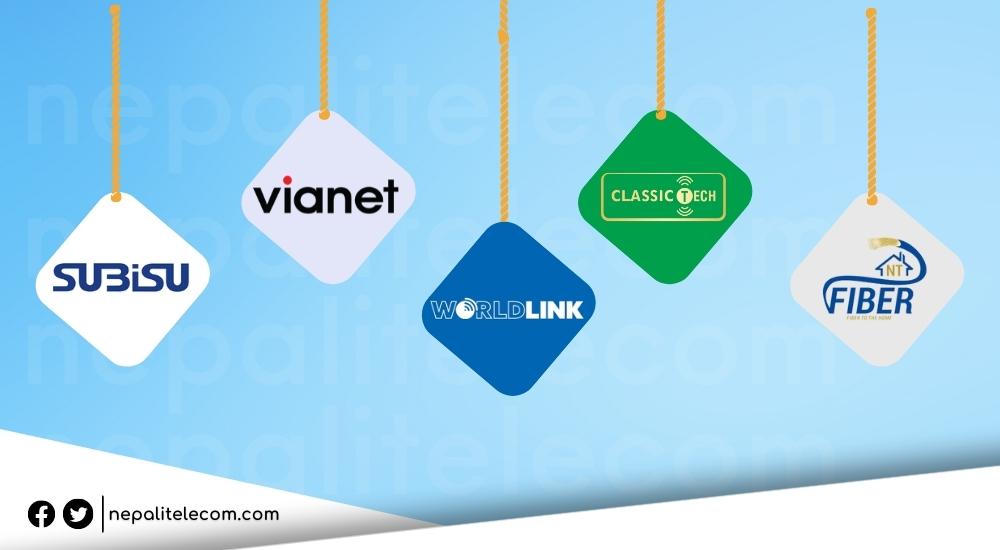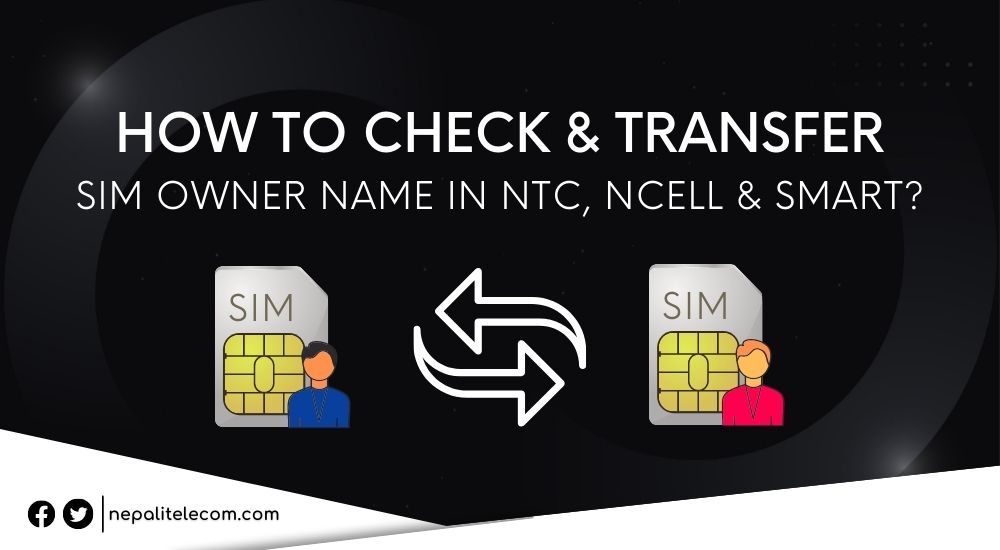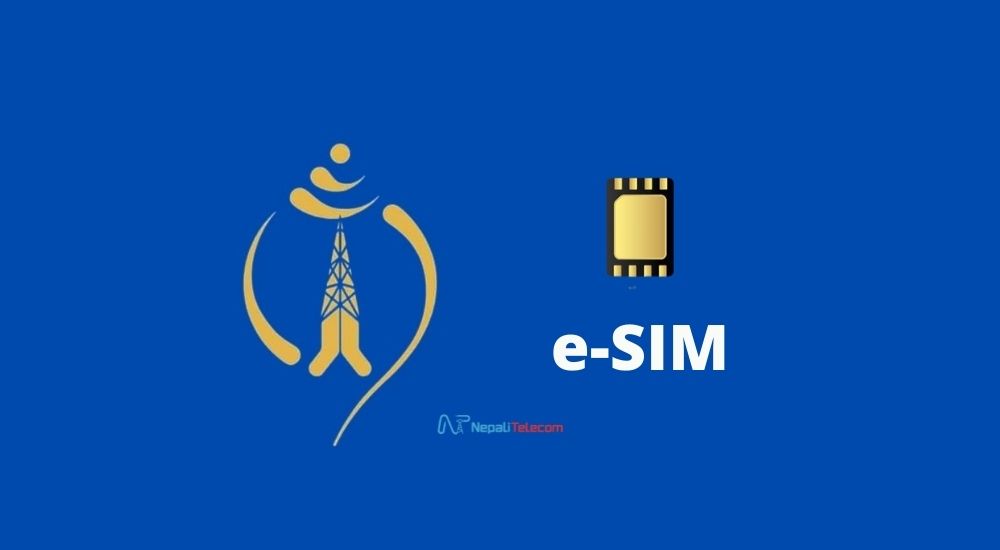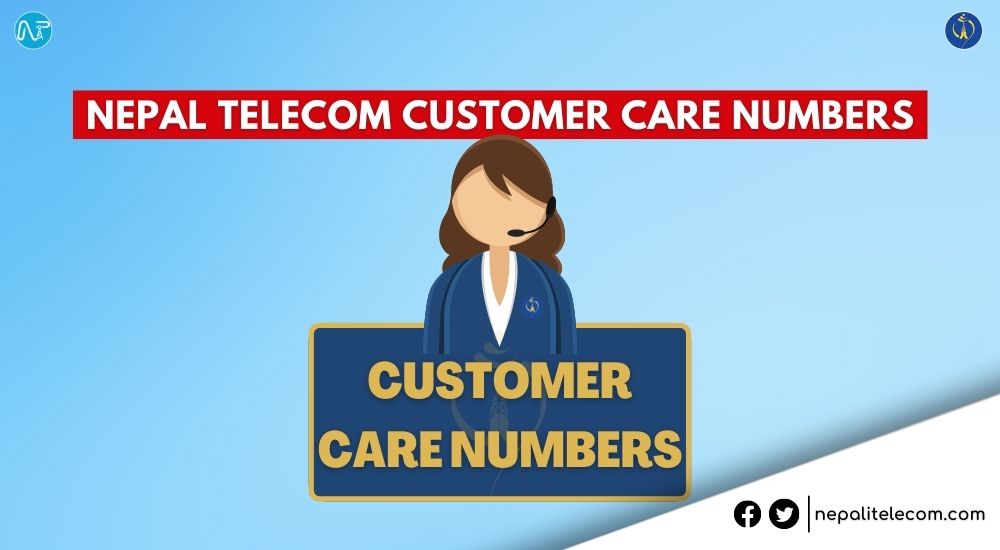We all have been through the pain of selecting a good ISP (Internet service provider) at least once. Endless hours of browsing through the ISP’s website make things more confusing. All ISP claim themself to be the best in the town, their website makes you feel like you should get every one of them. So the question comes down to this: which one to choose? Well, there aren’t any specialized algorithm that filters out the best ISP in Nepal, it all depends on your need. Nevertheless, we have listed out the major pillars that make you choose an ISP in Nepal for your internet requirement.
Major factors to Consider while choosing an ISP in Nepal
Over 28.04 lakh users use fiber internet in Nepal and that leaves a helathy portion of Nepalese without broadband. If you are one of those who want a new an dreliable internet or if you are signing up to get the internet at home for the first time, this post will help you to choose your ideal ISP. Below, you find all the most important factors you need to consider while choosing an service provider for an internet connection:
Speed
This might be the most important factor that everyone considers when choosing an ISP in Nepal. We know how tedious a task it is to head over to the individual ISP website. Think carefully about the task you will be doing with the internet service. Is it just plain web browsing or some serious video streaming? If you are mostly about browsign teh web for information and using social media, and occasional downloads, a 50 Mbps connection is also decent. But for gaming and online streaming, you would want a dedicted package with higher speed such as 300 Mbps or even 1 Gbps plan. For more details, check out what internet speed you need for different purposes.
According to Ookla, just over 70 Mbps is an average fiber internet speed in Nepal with many ISPs setting 50 Mbps to 150 Mbps as a starting package. In Nepal, you can find fiber internet speed up to 2 Gbps but we also know how tedious it could be to head over to the individual ISP website. So sit back and relax we have a whole article just for that. In the meantime, check out: The best ISP in Nepal with Offers and Speed to know about each ISP’s key details.
Technology
Well, there are several technologies you can choose for the internet service at your place. Some technology makes the best ISP to suit your internet requirements at your place. ISPs bring internet to your place either by using Wired or Wireless technologies. These days, fiber internet (aka FTTH) is by default the most popular technology for wired internet. With days of cable and ADSL presumably over, fiber broadband is what you get for good.
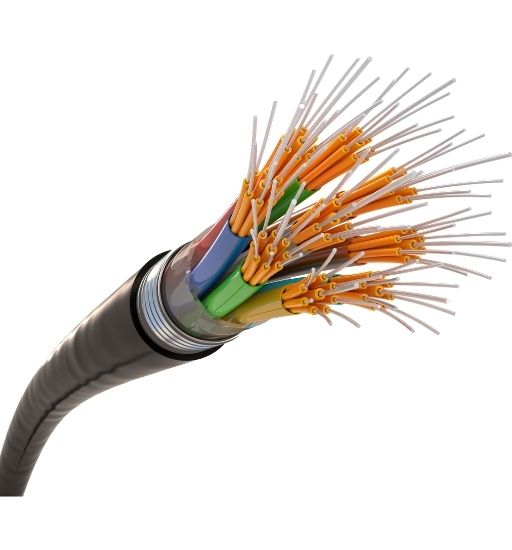
So, it’s not necessarily something you would fret about. But still, if there’s a scenario where you would have to choose between fiber, ADSL, cable, etc., always prefer fiber broadband. It wins hands down.
Check out: ADSL Vs. FTTH comparison: Find differences between the two fixed line internet technology
Availability
Another factor to consider while choosing an ISP is its availability in your area. If you are inside the Kathmandu Valley then you may have a lot of ISP to choose from. On the contrary, if you are in remote areas, there won’t be many service providers. Chances are that there are other local ISPs that provide the service by buying bandwidth from the top ISPs in Nepal. So, it’s best to call the ISP to check whether it’s available in your area. NTC’s FTTH fiber is available across 77 districts. (*conditions apply for availability at your place).
In the meantime, WorldLink has coverage in over 70 districts while Vianet is available in 77 districts. In facct, most compoanies today have service in the majority of the districts across the country. These sound good as a customer, however, just being available in your district may not mean it’s available in your local area due to fiber line, pole, and other infrastructure complexities. So, you can contact the ISP or go to their website an check their coverage on the map. If your preferred ISP is not available in your area, you may choose another but do a review on its services with others before making a decision.
Check out: The best place to put your WiFi router at home
Cost
This may be the bottleneck for most users but over a few years, the costs have certinaly come down while bandwidth speed has upped. ISPs generally waive drop wire (fiber cable) and installation charges so you will have to submit Rs 500 to Rs 1000 / Rs 1500 for router and mesh system and add to that deposit for set-top-boxes (STBs). The real cost factor is tied to the package.
Usually, for a package of 100 Mbps or somethitn similar with an IPTV, you would be paying in the region of Rs 1200 a month. But you can really drive down that cost to around Rs 800 or something with internet-only package that some ISPs offer. Regular users won’t need huge bandwidth packages for browsing. Only offices or organizations would need to spend big. So, check out which ISPs from those available in your area provide affordable service with reliable service guarantee and at your preffered cost.
Security
When you are connected online, you are in a way exposed to the world wide web and your data are potentially on radar to rogues operating remotely. While this sounds hyperbolic, the risk is there. Hackers are always active and working on how they can extract information from other users online. They can draw information of usres’ mobile banking, social media accounts, passwords, and other personal details.
Thanfully, ISPs do take care of these possible network beaches with advanced firewall and security protocols. But it’s also got to be a priority. In no way, you would want to divulge your personal details to strangers onteh web that could compromise your safety, financial, and social presence. Do query what security measures ISPs put in place before buying an internet connection. Don’t miss our article on how you can secure your home Wifi from hackers.
Terms of Service
There are a lot of strings attached to nearly every ISP. It’s best to inquire about all the terms of service before you make a hasty decision. For example, there may be data restriction (if limited service is used), and the downfall of data speed after the data package is depleted. Find more details about the Fair Usage Policy (FUP).
More: Reasons your ISP can throttle your internet speed
Add-ons
Add-ons are special features that ISP give you to make it look like you are getting a good bang for the buck. The most common Add-on in Nepal is the TV connection along with the internet connection. With the government’s policy to encourage digital TV connection (with HD TV), this might be the package well-suited for you.
Reliability and Customer support
The things listed above don’t count at all if the service isn’t reliable. Reliability isn’t something to be measured by download speed or anything. The best way to check the reliability of the ISP is to ask the current users of that particular very ISP. There may be your friend or neighbor using the same ISP, ask him/her about the reliability and customer service, and make sure to ask as many people as possible.
The rule of thumb is that the most popular ISPs are also the most reliable, however, that assumption does a disservice to others too. But as a user, you would want the internet from the comopany that provides you excellent service and after-sales customer support. After subscription expires, my ISP gives me another three days of use so that I can still use the internet and pay which is handy for me when I have troubles making my ends meet. These things carry huge significance in choosing an internet service provider.
Now, let’s be real, clearly, there isn’t a single ISP that satisfies all the above-mentioned criteria. If you choose one of the factors we listed above then you may have to compromise one another. There will always be sacrifices. No matter what your preference is, whether it may be speed or cost, don’t forget to be sure about the most important factor of all: RELIABILITY.
If you have more ideas on the criteria for choosing an ISP in Nepal, you can share your ideas in the comment below.


